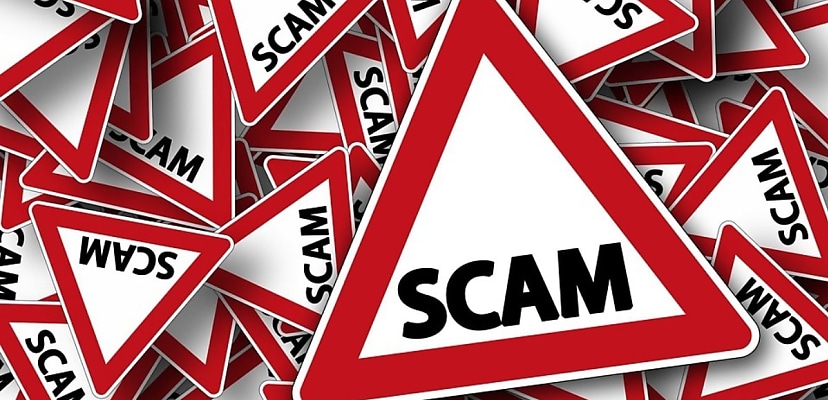Share this article on:
Powered by MOMENTUMMEDIA
Breaking news and updates daily.
Love is in the air for Valentine’s Day this week – but so are scammers! Here’s what you should be looking out for.

Australians in the mood for love have more places to look for romance than ever before, thanks to the rise of a swathe of dating apps and websites.
However, this has also seen a concurrent rise in scammers taking advantage of looking for a relationship, and this Valentine’s Day, we expect scammers to be out in force.
So, if you want to look for love in all the right places, here’s a guide to six common romance scams to watch out for.
Fake flower and gift delivery scams
These scams utilise fake websites offering discounted gifts or flowers, but which only harvest credentials and payment information.
Watch out for suspiciously low prices, poor site design, and unusual payment methods.
Fake dating profiles
This common scam revolves around fake profiles on dating apps and sites. Once a victim expresses interest in the fake persona, the scammers will manipulate them into sharing personal information or even sending money to the scammer.
Watch out for profiles that are too good to be true, someone making excuses for not wanting to make video calls or meet up, and pushy requests for alternative means of communication.
Travel scams for couples
Scammers often create fake travel sites offering romantic getaways at bargain prices, but once the victim has paid up, the bookings do not exist, or are cancelled with no means of refund.
Watch out for deals that are far too cheap, a lack of verifiable contact details, and unusual payment methods.
Cryptocurrency investment scams
By pretending to be romantically interested in their victim, some scammers will want to share “once-in-a-lifetime” investment opportunities. The schemes are, however, fake and are simply another way to trick victims out of their money.
Watch out for anyone bringing up such schemes early in discussions, investment platforms that lack reviews, and anyone pressuring you to “act now” or lose the opportunity.
Fake jewellery offers
As always, if a deal is too good to be true, it is almost certainly a scam, and scammers have been known to sell jewellery at bargain prices, only to take the money and run or deliver fake products.
Watch out for retailers that exist only on social media platforms, lack refund policies, and offer impossibly low prices.
E-gift card scams
Scammers claim that a victim has received a Valentine’s Day gift card, but then direct their victims to fake sites whose only purpose is to harvest personal and financial information.
Watch out for any emails or messages with poor spelling or grammar, unclear branding, and anyone pushing you to act quickly or miss out.
“Valentine’s Day is right next to Christmas in terms of favourite holidays for scammers because it offers a unique opportunity to manipulate emotions and exploit trust,” Richard D, an online safety expert at VPN Pro, said.
“The combination of love, generosity, and urgency makes people more vulnerable to deceptive tactics, whether it’s fake flower delivery sites, phishing emails, or overly perfect dating profiles.
“The key to staying safe is vigilance. Double-check websites before making purchases, avoid unsolicited links and take time to verify the identity of people you meet online. It’s not just about protecting your wallet; it’s about safeguarding your personal information and emotional wellbeing.”

David Hollingworth has been writing about technology for over 20 years, and has worked for a range of print and online titles in his career. He is enjoying getting to grips with cyber security, especially when it lets him talk about Lego.
Be the first to hear the latest developments in the cyber industry.